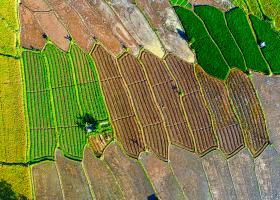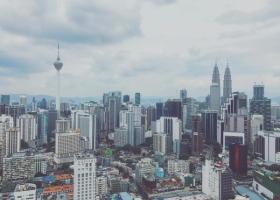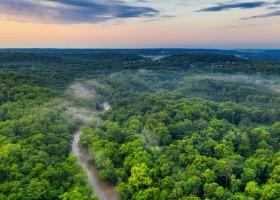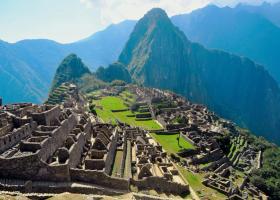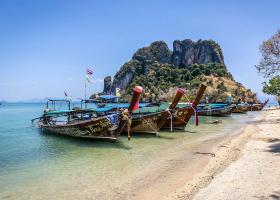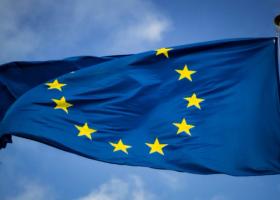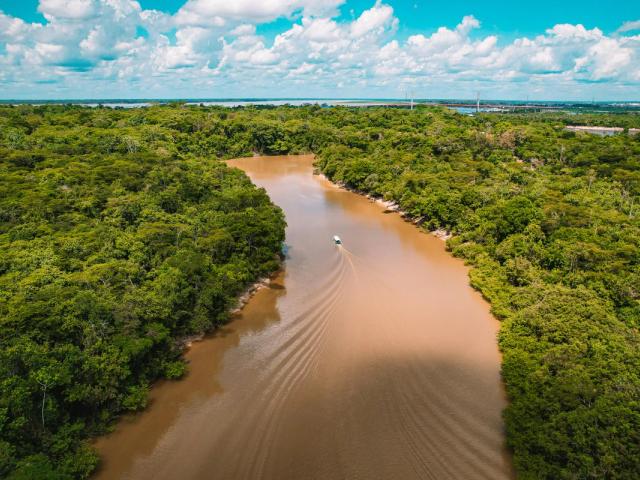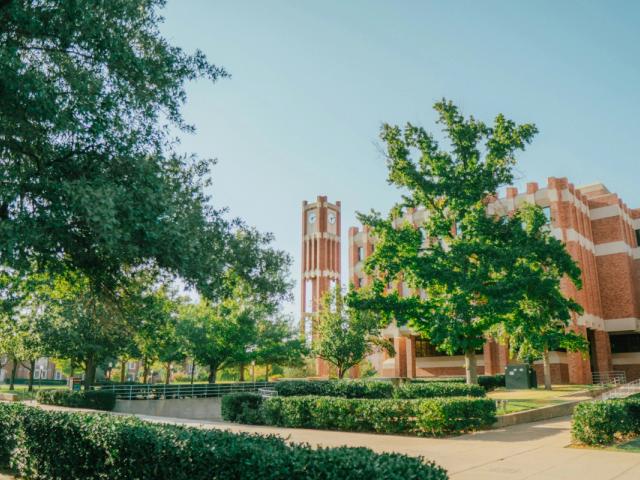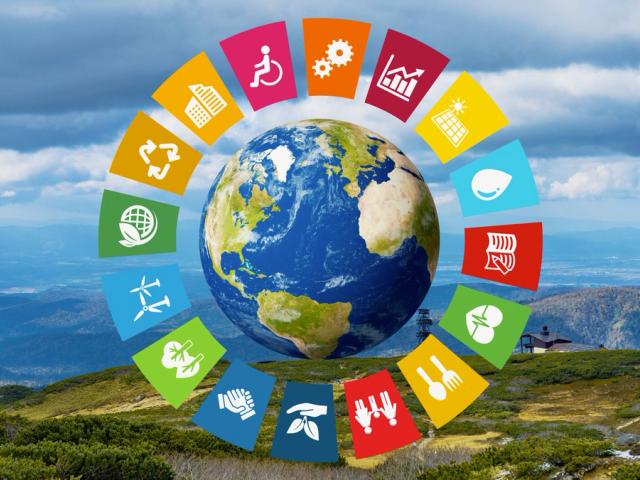
Recommendations of the UN Sustainable Development Solutions Network for the Summit of the Future
The SDSN is pleased to present its recommendations for a "United Nations 2.0" as a contribution to the upcoming summit. This statement is the work of many individuals across the SDSN Network and is featured as the first chapter in the Sustainable Development Report 2024.

Our Work
As the world's largest knowledge network for the Sustainable Development Goals (SDGs), the UN Sustainable Development Solutions Network (SDSN) works under the auspices of the UN Secretary-General to mobilize the the world's universities, think tanks, and national laboratories to identify and develop global and local solutions for action on the world's most critical sustainable development challenges. We operate at the intersection between science, policy, and development practice to promote the SDGs and the Paris Agreement through education, research, policy analysis, and global cooperation.



